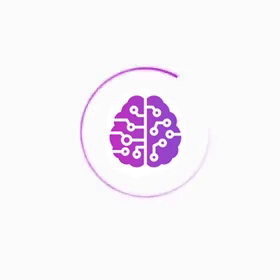
Revolutionizing Cardiovascular Diagnostics
Traditional cardiovascular diagnostics often require complex and time-consuming procedures. AI offers new possibilities by analyzing ECGs, ultrasounds, and other tests faster and with greater accuracy.
How AI Works in Cardiology
AI systems are trained on millions of medical images and patient data, recognizing subtle deviations indicative of pathology development. Neural networks analyze complex cardiac activity patterns over time.
Faster Diagnosis with Reduced Errors
AI can process large datasets within minutes, reducing wait times and enabling doctors to make informed decisions while minimizing human error.
Personalized Patient Care
AI considers genetic factors, lifestyle, and chronic conditions to generate precise risk assessments and personalized treatment plans.
Benefits for Healthcare Systems
Implementing AI in cardiology reduces staff workload, improves screening efficiency, and aids in preventing complications, enhancing overall healthcare quality.
